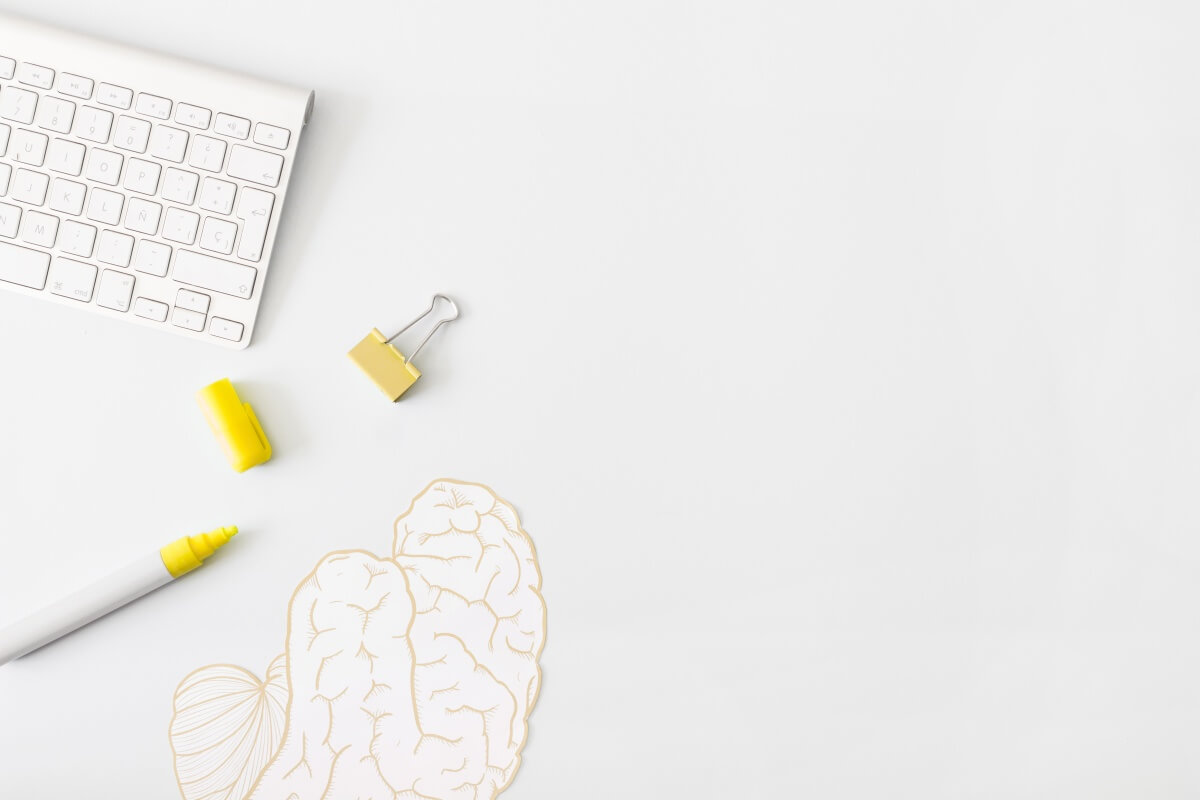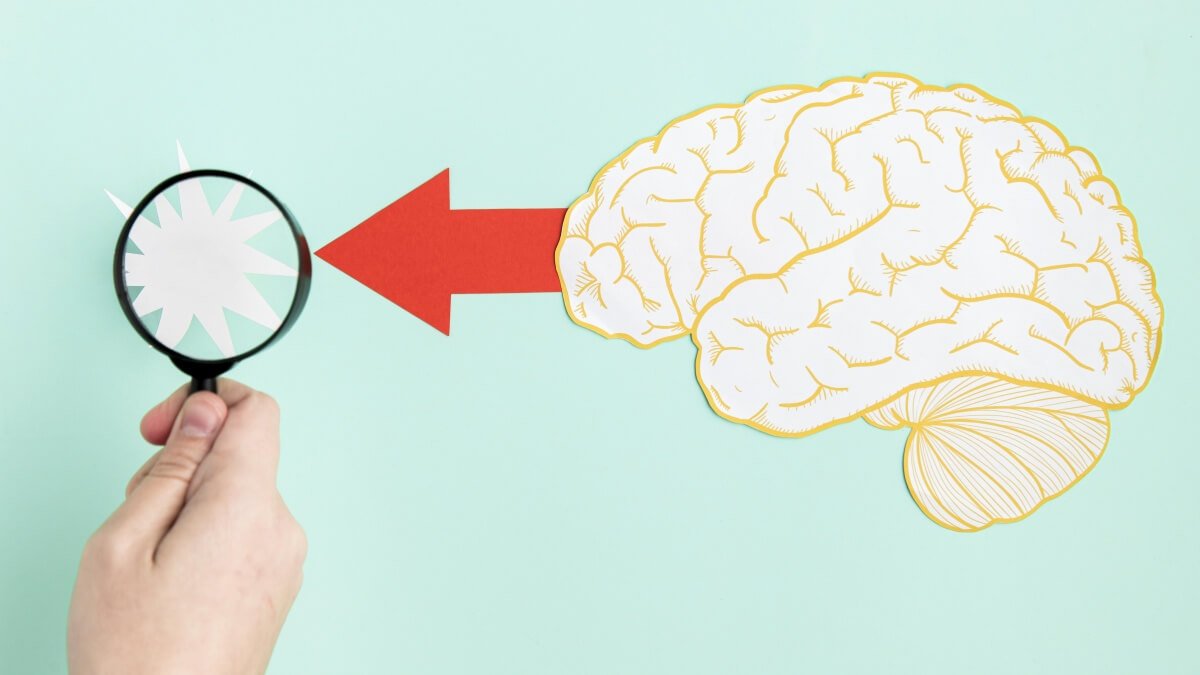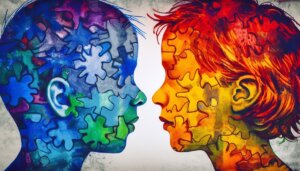Table of Contents
The Role of Self-Perception in Emotional Intelligence

Self-Reflection and Emotion Recognition
Emotional intelligence and personality development are key components for a fulfilling life and professional success. They enable a deeper understanding of one’s own feelings and those of others. Self-reflection is a crucial process that helps to recognize and understand our emotional patterns.
The Art of Self-Reflection
Self-reflection is the ability to think about one’s own behavior, thoughts, and feelings. It forms the foundation of emotional self-development because it allows us to identify our strengths and weaknesses and to work on ourselves based on this understanding. Introspection can dampen the fear and uncertainty often associated with emotional confusion and promote the development of self-awareness.
Practical Methods to Promote Self-Reflection
- Daily Emotion Journal: Recording one’s own feelings and the circumstances under which they occur can provide valuable insights into emotional response patterns.
- Meditation Practices: Mindfulness or breathing exercises can help find more inner peace and sharpen self-awareness.
- Seeking Feedback: Constructive feedback from trusted individuals can offer new perspectives on one’s own behaviors.
All these approaches can contribute to profound self-growth, as they teach us not only to recognize our feelings but also to accept them and deal constructively with them.
Real-Life Examples
Imagine someone confronts us with criticism that hurts us. Through self-reflection, we can think about the cause of our hurt: Is it the criticism itself, the way it was expressed, or does it touch a vulnerable point in us? An emotion journal might show that we have reacted similarly in the past to comparable situations, which could indicate an underlying issue.
In conclusion, personal emotional intelligence not only strengthens our self-perception but also lays the foundation for dealing with others. By reflecting on our own reactions and emotions, we manage to act more consciously and respond more empathetically to our environment.
Self-esteem and Emotional Balance
In the realm of personal development and self-growth, the concept of Emotional Intelligence plays a pivotal role. It includes a person’s ability to recognize, understand, and control their own emotions and the emotions of others. A healthy self-esteem, in turn, is fundamental in order to respond appropriately to our feelings.
Foundations of Self-Esteem in Emotional Intelligence
Self-awareness is a key aspect of Personal Emotional Intelligence. It allows for an objective view of one’s abilities and limitations, which is essential for building self-confidence and self-respect. In this context, it is important to emphasize that high self-esteem is not synonymous with egocentrism or arrogance. Instead, it is about having a realistic and positive image of oneself.
To strengthen self-esteem, the following exercises can be helpful:
- Engage in positive self-talk to acknowledge your own successes and encourage yourself.
- Set goals and celebrate small successes to boost the feeling of self-efficacy.
- Practice regular self-reflection to develop an awareness of personal strengths and areas for improvement.
The Balancing Act: Emotional Regulation and Self-Worth
Another critical aspect of Emotional Self-Development is achieving emotional balance. The ability to regulate emotions does not mean suppressing negative feelings, but rather learning to manage and understand them.
One method to promote emotional self-regulation is the practice of mindfulness. Through mindfulness, we learn to perceive our emotions without immediately reacting. Instead, we give ourselves the space to choose the most appropriate response. The connection between self-esteem and emotions is revealed in that people with high self-esteem are generally better able to control their emotional responses and constructively deal with criticism, as they are less vulnerable to negative influences.
Examples of practical mindfulness exercises:
- Breathing exercises to center yourself in stressful situations and restore emotional balance.
- Daily meditation to enhance self-awareness and bring submerged emotions to light.
- Establishing a gratitude practice to promote a positive attitude towards life and shift focus away from negative thought spirals.
The development of Emotional Intelligence is a dynamic process that requires consistent commitment to personal growth. A healthy self-esteem forms the foundation upon which a balanced emotional life can be built. Investing in these areas of personality development not only pays off in personal well-being but also positively influences all interpersonal relationships.
Emotional Intelligence in Social Interactions

Empathy and Social Relationships
Emotional intelligence and personality development are essential building blocks for a fulfilling and successful life. Deeply rooted in these concepts is empathy – a capability that stands at the heart of every relationship. It enables us to understand the feelings and perspectives of others and to respond appropriately. This core skill of emotional intelligence not only influences the way we behave in partnerships, but also our relationships in friendships and at work.
Empathy in Partnerships
In a partnership, empathy is the key to deeper connection and emotional support. A partner who empathically addresses the needs and concerns of the other can create an atmosphere of trust and security. A simple everyday example might look like this: Julia has come home late from work and appears exhausted. Her partner asks about her day and listens attentively, instead of immediately talking about their own day. This behavior shows Julia that her feelings are taken seriously and she finds support in her partner.
Conversely, a lack of empathy can lead to misunderstandings and conflicts. If the partner ignores Julia’s exhaustion and inconsiderately talks about their own problems, she might feel neglected and misunderstood, which would strain the relationship.
Empathy in Friendships
Emotional Self-Development also plays an important role in friendships. A friendly connection, where both people make an effort to understand the thoughts and emotions of the other, shows greater resilience against everyday challenges. Suppose Max has had a disagreement with another friend. He talks about it with his friend Lena, who takes the time to view the situation from his perspective, rather than immediately offering advice or downplaying the conflict. This can help Max feel understood and strengthen the friendship.
Empathy in Professional Life
Emotional Intelligence and specifically empathy are also of high importance in the context of professional life. An empathetic leadership style can lead to greater employee satisfaction and a better working climate. For example, it is beneficial for a supervisor to respect the work-life balance of their employees and offer support in personal challenges. An employee with family commitments will appreciate it if their boss understands the need for flexible working hours and accommodates them.
Development of Self-Awareness and the practice of empathy can ultimately improve the quality of our relationships significantly. The ability to put ourselves in the shoes of others not only promotes harmonious conditions but also contributes to personal growth and individual satisfaction. By working on our emotional intelligence, we create a foundation for healthy and fulfilling social connections in all areas of life.
Constructive Communication and Conflict Resolution
Effective communication is the lifeblood of any relationship, whether it’s personal or professional. Especially in the context of conflicts, emotional intelligence plays a crucial role. It empowers us to see conflicts not as an end, but as an opportunity for growth. The development of self-awareness is closely linked with the ability to wisely manage one’s own emotions and to utilize them deliberately in exchanges with others. However, implementing this theory into practice can be complex.
Constructive Communication
To effectively use Personal Emotional Intelligence in conflict situations, constructive communication is essential. It is crucial to express one’s emotions without making the other person feel guilty. The challenge is to find a balance between authenticity and empathy.
- The first step towards constructive communication is active listening. This involves truly trying to understand what the other person is saying, rather than just waiting for your turn to respond. This builds trust and opens doors for a factual discussion.
- The second step is to speak clearly, yet respectfully. Sentences that start with “I feel” or “I perceive” allow you to communicate your emotions without attacking the other person.
- The third key point is empathy. Taking the perspective of the other can help adjust your arguments accordingly and create a common ground for resolving the conflict.
Strategies for Conflict Resolution
In the context of Emotional Intelligence and Personality Development, certain strategies for conflict resolution are particularly noteworthy. Emotional self-development involves not only perceiving one’s own feelings but also regulating and handling the emotions of others.
- De-escalation through empathy: Understanding and compassion can calm heated situations. It’s about recognizing the needs of the other and seeking a joint solution.
- The timeout principle: Sometimes, it’s more effective to pause the conversation to gain distance and sort out one’s emotions.
- Creating win-win scenarios: A conflict resolution where all parties see their needs addressed promotes the long-term satisfaction and stability of the relationship.
By mastering these techniques and integrating them into one’s communication habits, one often achieves a peaceful and constructive solution for all parties in conflict situations. The skills associated with Emotional Intelligence are thus not only a personal gain for self-growth but also positively and sustainably affect the social environment.
Summary
The Importance of Emotional Intelligence and Personality Development
Emotional intelligence and personality development are crucial for a fulfilled life and professional success. They enable us to understand our own emotions as well as those of others and to handle them better. A key element here is the development of self-awareness, which is promoted through self-reflection. This allows us to recognize and address our emotional response patterns.
- An emotion journal helps to create awareness about one’s own emotional states.
- Meditation deepens self-awareness and enhances inner balance.
- Feedback from others opens perspectives on our own behavior and reactions.
By engaging with our emotions, we develop empathy and build a healthy self-esteem, which is a fundamental basis for constructive interaction with ourselves and others.
Emotional Intelligence in Everyday Life
Concrete examples illustrate that personal emotional intelligence is not abstract, but of great importance in everyday life. For instance, when faced with criticism, reflection enables us to be less vulnerable and to respond more factually. Emotional self-development empowers us to proceed empathetically in personal relationships, friendships, and at work. For example, an empathetic partner recognizes the needs of the other and responds accordingly sensitively.
Emotional intelligence and the development of a healthy self-esteem form the basis for effective communication skills, which are particularly useful in conflict situations. Instead of reacting impulsively, mindfulness allows us to regulate our emotions and choose a thoughtful response.
- Active listening leads to a deeper understanding in conversations.
- Expressing one’s own emotions in a clear and respectful manner prevents misunderstandings.
- Empathetic empathy into the situation of the other helps to find more common solutions.
Self-growth through emotional intelligence not only improves individual well-being but also our relationships. It enables us to foster harmonious interactions in partnerships, friendships, and professional relationships, and to find constructive solutions to challenges.
FAQ – Emotional Intelligence and Personality Development
How can emotional intelligence contribute to successful changes in personal life and self-growth?
Emotional intelligence enables us to understand and regulate our own feelings, laying the foundation for sustainable self-development. By empathizing with others, we can also build better relationships and resolve conflicts more effectively, which is essential for personal growth and success in various areas of life. Thus, a high level of emotional intelligence not only leads to a more fulfilled inner life but also to external success and interpersonal achievement.
How can emotional intelligence specifically contribute to better handling challenges in personal growth?
Emotional Intelligence (EI) is like a toolkit for personal growth as it enhances our ability to understand and control our own emotions and to develop empathy for others. For example, a high level of EI can help manage stressful situations with composure by learning to recognize emotion-driven reactions and channeling them in constructive directions. This improves interpersonal relationships and boosts self-confidence, which in turn strengthens resilience against life’s challenges.
To what extent can increased emotional intelligence contribute to reducing interpersonal conflicts and thus promote personal growth?
High emotional intelligence enables us to better understand the emotions of others and respond empathetically, leading us to address conflict situations sensitively and constructively. By learning to regulate our own feelings and adopting the perspective of others, we create an atmosphere of respect and collaboration that favors personal and collective growth processes. Through this empathetic approach, we can reduce misunderstandings and develop sustainable solutions for interpersonal issues, ultimately contributing to a more harmonious coexistence.








